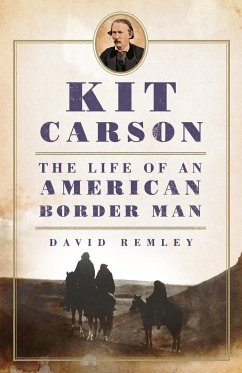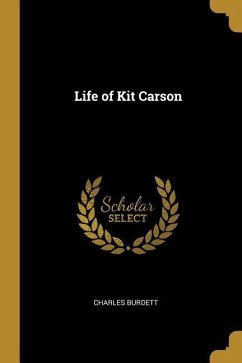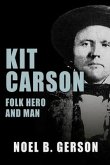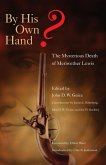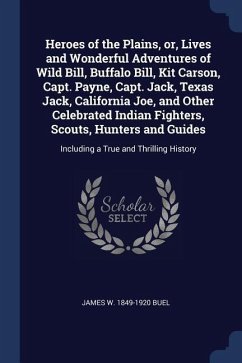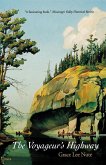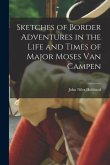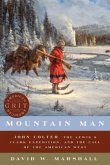History has portrayed Christopher "Kit" Carson in black and white. Best known as a nineteenth-century frontier hero, he has been represented more recently as an Indian killer responsible for the deaths of hundreds of Navajos. Biographer David Remley counters these polarized views, finding Carson to be less than a mythical hero, but more than a simpleminded rascal with a rifle. Kit Carson: The Life of an American Border Man strikes a balance between prevailing notions about this quintessential western figure. Whereas the dime novelists exploited Carson's popular reputation, Remley reveals that the real man was dependable, ethical, and-for his day-relatively open-minded. Sifting through the extensive scholarship about Kit, the author illuminates the key dimensions of Carson's life, including his often neglected Scots-Irish heritage. His people's dire poverty and restlessness, their clannish rural life and sternly Protestant character, committed Carson, like his Scots-Irish ancestors, to loyalty and duty and to following his leader into battle without question. Remley also places Carson in the context of his times by exploring his controversial relations with American Indians. Although despised for the merciless warfare he led on General James H. Carleton's behalf against the Navajos, Carson lived amicably among many Indian people, including the Utes, whom he served as U.S. government agent. Happily married to Waa-Nibe, an Arapaho woman, until her death, he formed a lasting friendship with their daughter, Adaline. Remley sees Carson as a complicated man struggling to master life on America's borders, those highly unstable areas where people of different races, cultures, and languages met, mixed, and fought, sometimes against each other, sometimes together, for the possession of home, hunting rights, and honor.

